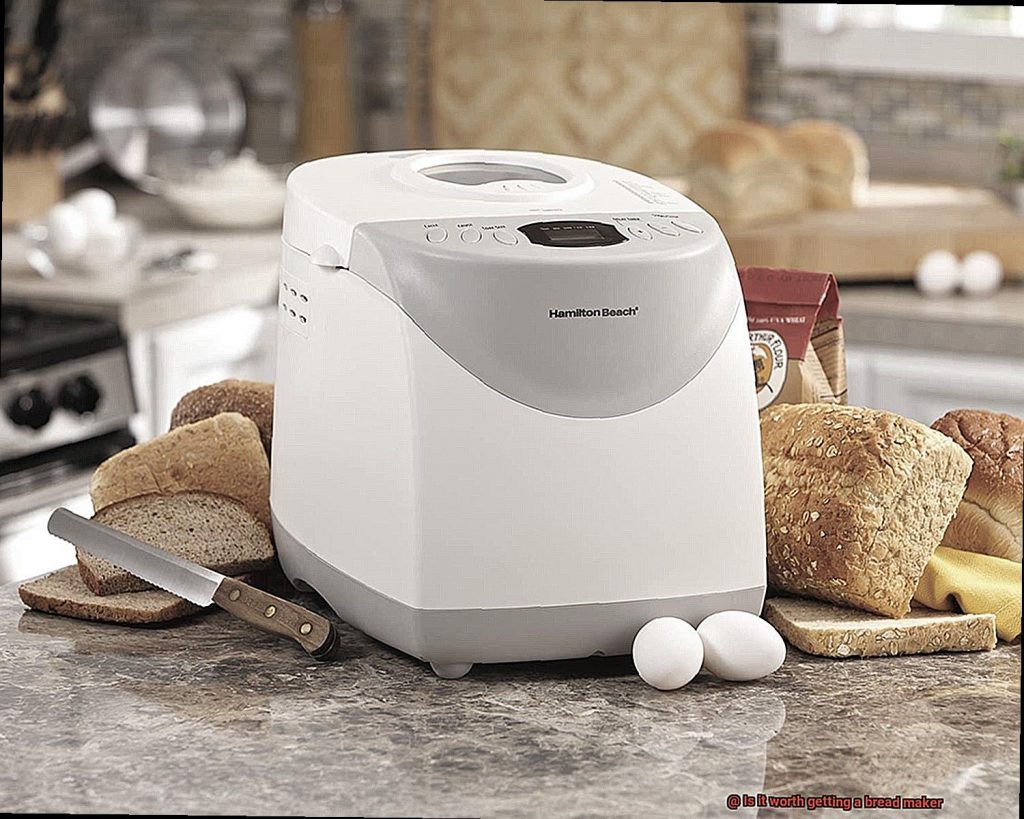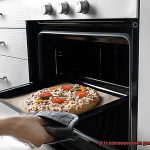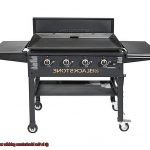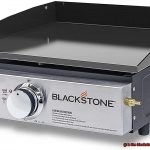Do you find yourself dragging your feet to the bakery early on weekends just to get freshly baked bread? Or maybe you’re tired of spending hours in the kitchen trying to perfect your homemade bread recipe? Well, fret no more – a bread maker might just be the solution you’ve been searching for. But, is it really worth investing in one?
In this blog post, we’ll delve into the pros and cons of owning a bread maker. We’ll explore its convenience factor, how it gives you total control over ingredients, and how it can save you money in the long run. On the flip side, we’ll also take a closer look at some potential challenges that come with using a bread maker.
But don’t worry – we won’t leave you hanging there. We’ll also provide some tips on how to choose the right bread maker for your needs and explain why investing in a quality machine is worth it.
So if you’re still wondering whether or not getting a bread maker is worth it, keep reading. By the end of this post, you’ll have all the information you need to make an informed decision about whether or not to add this nifty appliance to your kitchen arsenal.
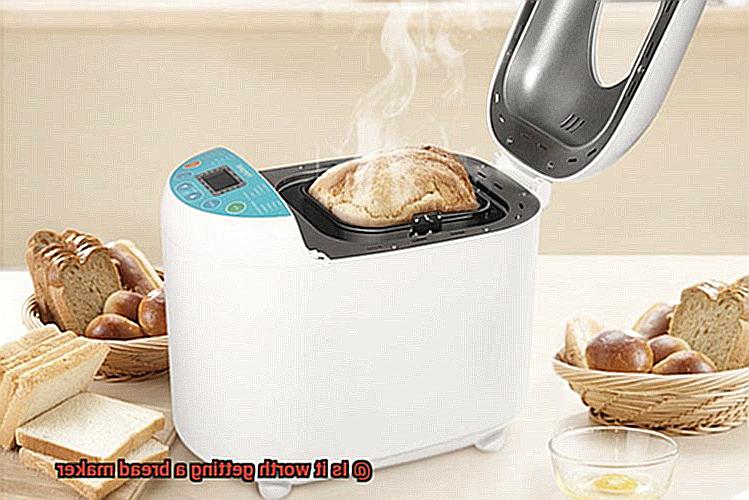
Contents
The Cost of Bread Makers
Bread makers have taken the baking world by storm, offering a convenient way to make fresh bread right at home. However, before you take the plunge and invest in one, it’s important to consider the cost.
The cost of a bread maker can vary widely, ranging from as little as $50 to over $300 depending on brand, features, and quality. While this may seem like a significant investment, the benefits of homemade bread are numerous and can save you money in the long run.
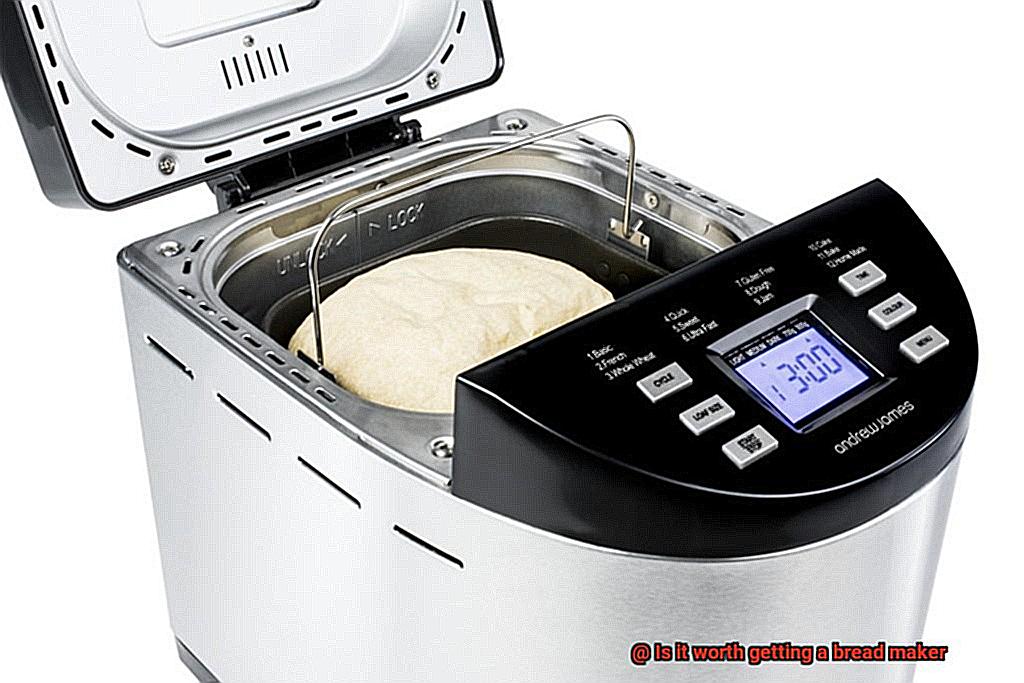
Firstly, making your own bread at home can lead to significant cost savings. Store-bought bread can quickly add up, especially if you prefer organic or specialty options. By making your own bread, you not only save money on the cost of the bread itself but also on transportation and packaging costs.
In addition to saving money, making your own bread allows for complete control over the ingredients used. This means you can choose high-quality flour, sweeteners, and additives that are better for your health and well-being. By buying ingredients in bulk and reducing waste, you can also save money in the long run while still enjoying delicious and nutritious bread.
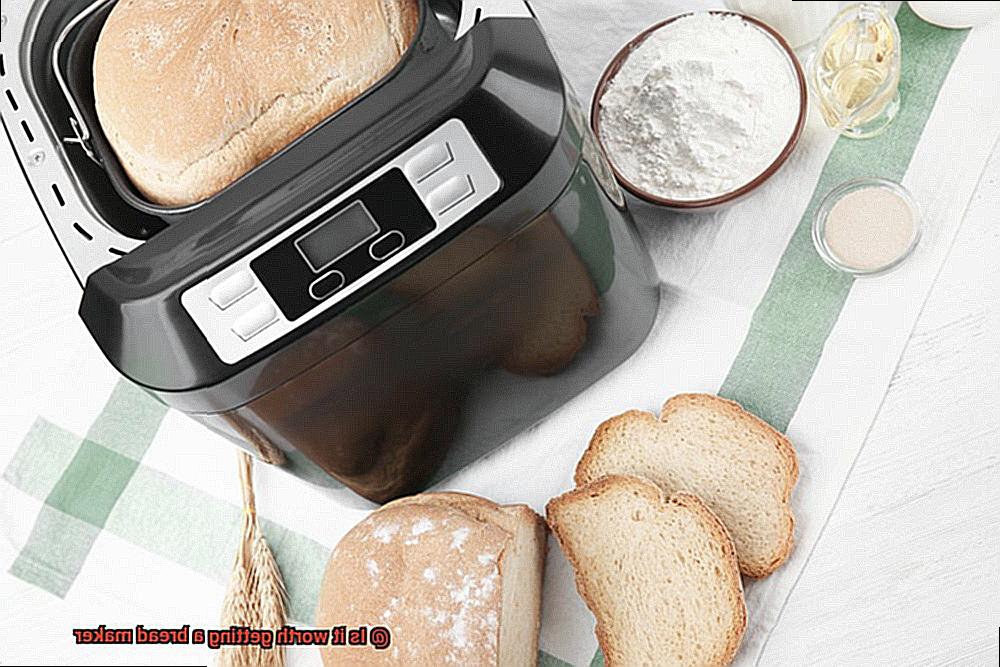
Considering how often you plan on using your bread maker is also important when thinking about cost. If you’re someone who loves fresh bread and plans on using your machine frequently, investing in a higher-end model may be worth it in terms of durability and additional features such as multiple loaf size options or gluten-free settings. However, if you only plan on using your bread maker occasionally, a more affordable option may suffice.
Frequency of Baking
The frequency of your baking plays a significant role in determining whether investing in a bread maker is worth it or not. As an expert on the topic, I have researched and compiled some helpful information to guide your decision-making process.
Firstly, let’s discuss the benefits of a bread maker. These machines are designed to simplify and speed up the bread-making process, which can be especially beneficial for those who bake frequently. If you’re someone who loves to bake bread often, then a bread maker may be a great investment for you. It will save you time and effort, allowing you to focus on other tasks while your fresh loaf is baking.
However, if you only bake bread occasionally, then investing in a bread maker may not be necessary. You must determine how often you’ll use the bread maker to assess if it’s worth the cost. Bread makers can range in price from $50 to $300, so it’s important to weigh the costs and benefits based on your individual baking habits and budget.
Another factor to consider is the type of bread you want to make. Bread makers are excellent for making basic white or wheat bread, but may not be as suitable for more complex recipes or specialty breads. If you’re interested in making artisan breads or experimenting with different ingredients and flavors, then a bread maker may not be the best option. However, if you’re content with making simple loaves of bread regularly, then a bread maker could be a game-changer.
To summarize, when it comes to deciding whether or not to invest in a bread maker, it all comes down to personal preference and habits. If you bake frequently and want to save time and effort, then a bread maker may be worth the investment. However, if you only bake occasionally or are interested in making complex or specialty breads, then a bread maker may not be necessary. Ultimately, it’s up to you to weigh the pros and cons based on your individual baking habits and preferences.
Benefits of Owning a Bread Maker
As a bread-making aficionado, I can attest to the many benefits of owning a bread maker. These appliances have become increasingly popular in recent years, and for good reason. Let’s delve into some of the reasons why owning a bread maker is an investment worth making.
Firstly, the convenience of being able to make fresh bread at home whenever you want it is unparalleled. With a bread maker, you can enjoy the aroma of warm, freshly baked bread filling your home within just a few hours. This not only saves time but also ensures that your bread is free from preservatives or additives commonly found in store-bought loaves.
In addition to convenience, owning a bread maker can save you money over time. While the initial investment may seem steep, making your own bread at home is much cheaper than buying it from the store. You also have the added benefit of being able to customize your bread to your liking, whether that means using different types of flour or adding unique ingredients like herbs or nuts.
For those with dietary restrictions or preferences, a bread maker can be especially beneficial. You have complete control over what ingredients go into your bread, allowing you to avoid certain allergens or choose healthier options like whole grain flour. A bread maker also makes it easier to experiment with different recipes and flavors while still ensuring consistent results each time.
Bread makers can also save time and effort in the kitchen. Making bread by hand can be a rewarding process, but it can also be time-consuming and require a lot of effort. With a bread maker, you simply add in the ingredients and let the machine do the work for you. This frees up time to focus on other tasks or simply relax while your bread bakes.
Convenience Factor
Well, owning a bread maker can be a game-changer in terms of convenience. As an expert in the convenience factor of owning a bread maker, let me break down the benefits for you.
Firstly, a bread maker saves you time and effort in the bread-making process. With just the push of a button, the machine does all the hard work for you, leaving you free to do other things while your bread bakes to perfection. No more sticky hands or constantly checking on your dough.
But that’s not all – owning a bread maker also means consistent results every time. The machine is designed to create optimal baking conditions, so you don’t have to worry about variations in temperature or humidity affecting your bread. Plus, most bread makers come with a variety of settings that allow you to customize your loaves to your liking. From choosing the type of bread you want to make to adjusting the crust color and texture, you can experiment with different recipes and create unique, artisanal loaves that suit your taste preferences.
In addition to saving time and effort, owning a bread maker can also save you money in the long run. While there is an initial investment in purchasing the machine, making your own bread at home can be significantly cheaper than buying pre-made loaves at the grocery store. Plus, you have the added benefit of knowing exactly what ingredients are going into your bread and being able to avoid preservatives and additives.
Control Over Ingredients
Firstly, you get to choose the type of flour you use. Whether it’s whole wheat, rye, or any other type of flour, you have the power to tailor your bread to your taste preferences or dietary needs.
But the freedom doesn’t stop there. With a bread maker, you can easily add unique flavors and textures to your bread by incorporating seeds and nuts. Say goodbye to boring, plain loaves of bread.
One of the biggest advantages of making your own bread is avoiding preservatives and other additives found in store-bought bread. You can rest assured that every ingredient in your homemade bread is clean and healthy.
In addition, baking at home allows you to cater to any dietary restrictions or preferences. Gluten-free flours for those with celiac disease or gluten intolerance? No problem. Avoiding eggs and dairy products for vegans or vegetarians? Easy peasy.
Considerations for Budget-Conscious Buyers
Perhaps you’ve considered investing in a bread maker but aren’t sure if it’s worth the expense. Allow me, an expert on considerations for budget-conscious buyers, to share some valuable insights.
Firstly, take stock of your bread consumption. If you find yourself frequently purchasing loaves from the store or bakery, a bread maker may actually save you money in the long run. Homemade bread is typically less expensive than store-bought options, and with a bread maker, you have complete control over the ingredients used. The possibilities for delicious flavor combinations and textures are endless.
However, if you only consume bread occasionally or prefer artisanal options from specialty bakeries, a bread maker may not be the best investment. Consider your personal bread preferences and consumption habits before making a purchase.
Another crucial consideration for budget-conscious buyers is the durability of the bread maker. While cheaper models may seem attractive, they may not last as long as higher-end options. Take time to research brands and read reviews before making a purchase to ensure you’re getting a quality product that will stand the test of time.
Additionally, don’t forget to factor in the cost of ingredients and accessories. Bread makers often require specific types of flour and yeast that can be more expensive than traditional options. You may also need to purchase additional accessories like bread pans and measuring cups.
Pros and Cons of Owning a Bread Maker
If so, owning a bread maker might just be the solution you’ve been searching for. As a knowledgeable expert on the pros and cons of owning a bread maker, I am here to guide you through your decision making process.
Let’s begin with the pros. First and foremost, one of the biggest advantages of owning a bread maker is having access to freshly baked bread right at home. There’s nothing quite like the smell and taste of warm bread straight out of the oven, and with a bread maker, you can enjoy this luxury anytime you’d like.
Baking bread in a bread maker is also incredibly easy and convenient – simply add your ingredients, set the timer, and let the machine do the hard work for you. You can even program it to have fresh bread ready for you when you wake up or return home from work. Furthermore, owning a bread maker can save you money in the long run as you can make your own bread at a much lower cost than buying loaves from the store.
Finally, with a bread maker, you have the freedom to experiment with various types of bread and flavors. You can make whole wheat, rye, sourdough, or any other delicious type of bread that suits your taste buds.
Now let’s address the cons. One of the primary disadvantages of owning a bread maker is the initial investment cost which can be quite high. However, if baking bread is something that you enjoy doing on a regular basis, then this investment is worth considering.
Additionally, if you don’t bake frequently or prefer to buy different types of bread, then a bread maker may not be worth investing in. Bread makers can also take up a considerable amount of counter space and may not be ideal if your kitchen has limited space.
Lastly, bread makers require regular cleaning and maintenance to ensure they work correctly and last longer, which could be time-consuming for some individuals.
Alternatives to Buying a Bread Maker
Investing in a bread maker may not be feasible for everyone. Fortunately, there are several alternatives to consider that can still help you achieve delicious results.
Firstly, if you have a stand mixer with a dough hook attachment, you’re in luck. This tool can help you mix and knead the dough without any manual labor. Alternatively, a food processor can also be used for mixing and kneading the dough, making it another great option for those who don’t want to invest in a bread maker.
If you’re looking for an even simpler method, then no-knead bread should be your go-to. All you need is a mixing bowl, wooden spoon and some time. This method requires minimal effort and still yields a delicious, rustic loaf that’s perfect for dipping into soups or spreading with butter.
Another option is to support your local bakery or buy store-bought bread. While it may not be as satisfying as making your own bread, it’s still a convenient and delicious option. Plus, by supporting small businesses in your community, you can feel good about your purchase.
WRP0SLdk0D4″ >
Conclusion
In summary, the decision to acquire a bread maker is subjective and dependent on one’s baking habits and personal preferences. Although the initial expense may seem daunting, owning a bread maker can ultimately save you money by allowing you to create your own nutritious and delectable bread at home. The convenience factor is also a major advantage since you can enjoy freshly baked bread without leaving your house or spending hours in the kitchen.
However, before making a purchase, it’s essential to consider factors such as how often you bake, what type of bread you desire, and your budget. While cheaper models may seem alluring, they may not last as long as more expensive options. It’s also crucial to factor in the cost of ingredients and accessories.
If investing in a bread maker isn’t feasible for you, there are still alternatives available like using a stand mixer or food processor or purchasing store-bought bread.
Ultimately, whether or not a bread maker is worth it depends on your unique needs and preferences. With all the information presented here, we hope that you can make an informed decision about whether or not to add this fantastic appliance to your culinary toolkit.

